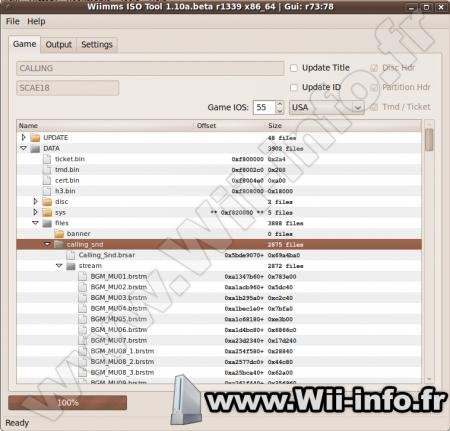Telecharger Processing Disorders
Sensory Processing Disorder; Young Widowhood. Free Montessori Albums for 6-9. There are free Montessori albums for Elementary 6-9 to download! Brain games are not only fun, they help you train mental skills you'll use every day, and stave off dimentia.

[] Auditory processing disorder ( APD), also known as central auditory processing disorder ( CAPD), is an umbrella term for a variety of disorders that affect the way the brain processes information. Individuals with APD usually have normal structure and function of the outer, middle and inner ear (peripheral hearing). However, they cannot process the information they hear in the same way as others do, which leads to difficulties in recognizing and interpreting sounds, especially the sounds composing speech. It is thought that these difficulties arise from dysfunction in the.
The American Academy of Audiology notes that APD is diagnosed by difficulties in one or more auditory processes known to reflect the function of the central auditory nervous system. APD can affect both children and adults, although the actual prevalence is currently unknown. It has been suggested that males are twice as likely to be affected by the disorder as females, but there are no good epidemiological studies. Contents • • • • • • • • • • • • • • • • • Presentation in adults [ ] CAPD can continue into adulthood. Cooper and Gates (1991) estimated the prevalence of adult APD to be 10 to 20%.
Many people experience problems with learning and day-to-day tasks with difficulties over time. See also: Treatment of APD typically focuses on three primary areas: changing learning environment, developing higher-order skills to compensate for the disorder, and remediation of the auditory deficit itself. However, there is a lack of well-conducted evaluations of intervention using methodology.
Most evidence for effectiveness adopts weaker standards of evidence, such as showing that performance improves after training. This does not control for possible influences of practice, maturation, or placebo effects. Recent research has shown that practice with basic auditory processing tasks (i. Schneider Bautabellen Pdf Holzbau. e. Auditory training) may improve performance on auditory processing measures and phonemic awareness measures.
Changes after auditory training have also been recorded at the physiological level. Many of these tasks are incorporated into computer-based auditory training programs such as Earobics and, an adaptive software available at home and in clinics worldwide, but overall, evidence for effectiveness of these computerised interventions in improving language and literacy is not impressive. One small-scale uncontrolled study reported successful outcomes for children with APD using auditory training software.
Treating additional issues related to APD can result in success. For example, treatment for phonological disorders (difficulty in speech) can result in success in terms of both the phonological disorder as well as APD. In one study, speech therapy improved auditory (a measure of brain activity in the auditory portions of the brain). While there is evidence that language training is effective for improving APD, there is no current research supporting the following APD treatments: • typically involves a child attending two 30-minute sessions per day for ten days. • Lindamood-Bell Learning Processes (particularly, the Visualizing and Verbalizing program) • Physical activities that require frequent crossing of the midline (e.g., ) • Sound Field Amplification • Neuro-Sensory Educational Therapy • Neurofeedback However, use of a FM transmitter has been shown to produce significant improvements over time with children.